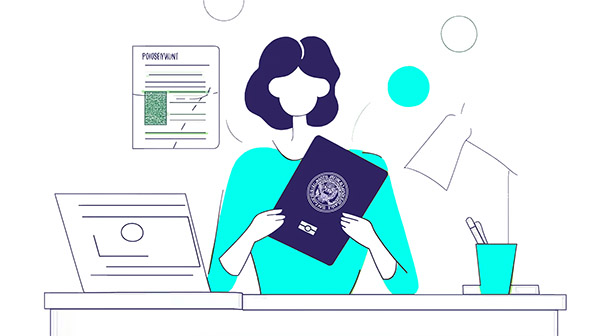
Ⅰ Visa | Policy
Do you need a visa for China?
Learn about the latest policy now.


Do you need a visa for China?
Learn about the latest policy now.
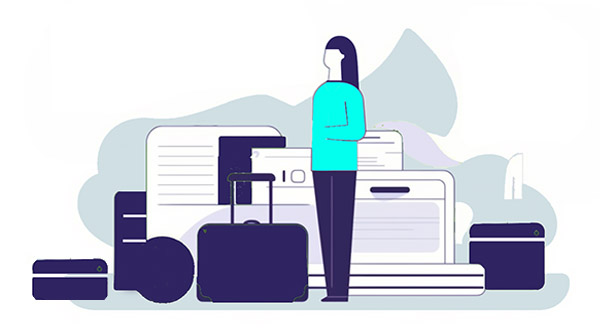
A list of items that are easy to overlook and overlooked but you’ll definitely need while traveling in China

Must-have apps in china for traveling and travel resources sharing.
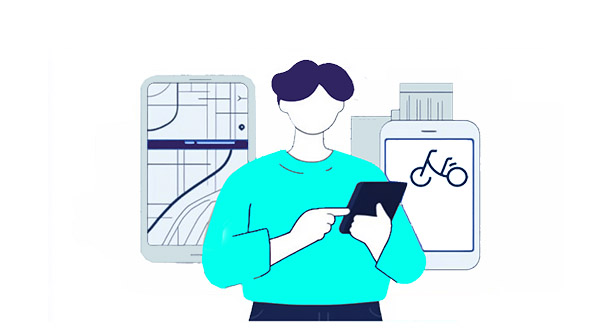
Intercity and intracity public transportation. And self-diving tour tips
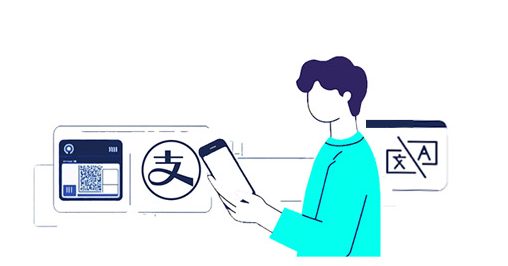
Payment service and tax refund policy for overseas visitors.
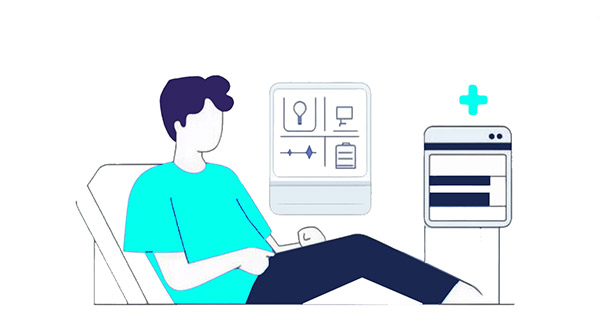
Medical Treatment and Purchasing Medication Call the police for help Emergency Contact Tap Water Extreme Weather Warnings Tips for Female Travelers Medical treatment flowchart International
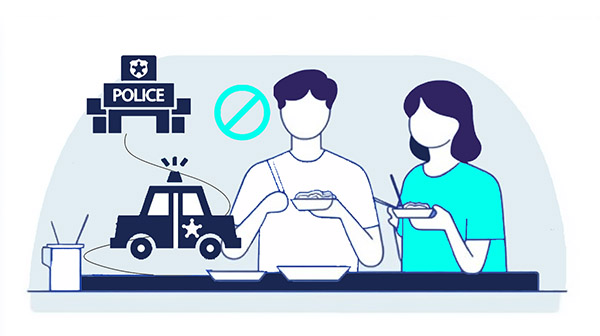
Laws & Regulations and a complete Guide to travel culture and etiquette in China.
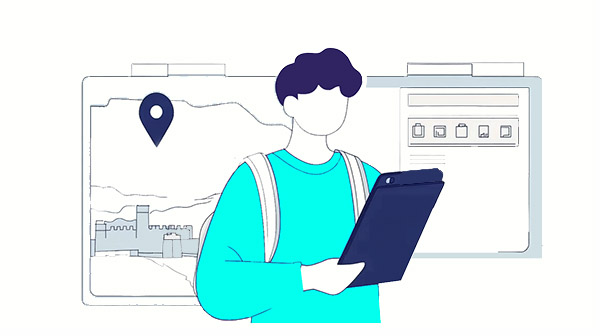
Absolutely Prohibited: Involvement with Drugs
Narcotic drugs
“Narcotic drugs” as dened by the law of China refers to opium, heroin,methylaniline(ice), morphine, marijuana, cocaine, and other narcotic and psychotropic substances that can make people addicted to their use and are controlled under State regulations
⚖️ Legal Consequences
Carrying 50 grams or more of drugs can result in a death sentence.
Case: In 2019, a Canadian was sentenced to death for smuggling methamphetamine.
⚖️ Legal Consequences
The maximum penalty is life imprisonment.
Case: In 2016, an American teacher was deported for possessing Falun Gong materials in a hotel room.
Violations may result in fines, equipment confiscation, or even detention
❌Buddha statues and religious ceremonies: Photographing Buddha statues is prohibited in Tibetan Buddhist temples (such as the Potala Palace). Photographing believers during Islamic mosque prayers is prohibited. For Taoist temple incense burning ceremonies, you must first obtain the consent of the Taoist priests.
❌Photographing cultural relics in museums: Some national treasure-level exhibits, such as those in the Forbidden City’s Treasure Gallery and the Sanxingdui bronze masks, are clearly marked “No Photography.” Using flash may result in fines of thousands of yuan.
❌Buddha statues and religious ceremonies: Photographing Buddha statues is prohibited in Tibetan Buddhist temples (such as the Potala Palace). Photographing believers during Islamic mosque prayers is prohibited. For Taoist temple incense burning ceremonies, you must first obtain the consent of the Taoist priests.
❌Photographing cultural relics in museums: Some national treasure-level exhibits, such as those in the Forbidden City’s Treasure Gallery and the Sanxingdui bronze masks, are clearly marked “No Photography.” Using flash may result in fines of thousands of yuan.
❌Unauthorized commercial photography: For-profit photography such as wedding photography and influencer live streaming in scenic spots (such as the Great Wall, West Lake) and commercial districts (such as Nanjing Road in Shanghai) requires prior reporting to and payment of fees to the management.
❌”Black flight” of drones: Drones weighing more than 250 grams must be registered with real names. No-fly zones include: The entire area within Beijing’s Sixth Ring Road Within 20 kilometers of all airports Airspace over large-scale events (such as marathons, National Day parades) Historical districts (such as Pingyao Ancient City, Lijiang Ancient Town)
❌Key transportation and energy facilities, power grids and oil facilities: Photography of facilities involving energy security such as State Grid substations, oil pipelines, and nuclear power plants is strictly prohibited. Drone aerial photography requires special caution.
(Please Pay Attention to These Details (Respect Tradition, Avoid Unintentional Offenses)
❌ Do not stick chopsticks vertically into rice: Sticking chopsticks upright in a bowl of rice resembles the incense offered to the deceased during sacrificial rites, easily evoking associations with offerings to the dead.
❌ Avoid pointing with chopsticks: Pointing at others with chopsticks during a meal is considered impolite, similar to pointing directly at someone with your hand.
❌ Do not tap on bowls or plates: Tapping the edge of a bowl with chopsticks is an action associated with beggars in olden times.
(Please Be Cautious When Mentioning These Topics (Respect Cultural Differences, Facilitate More Pleasant Conversations)
❌ Avoid publicly discussing issues such as Taiwan, Tibet, and Hong Kong: These topics involve China’s national sovereignty and territorial integrity, and are highly likely to trigger strong emotional reactions.
❌ Do not use “Mainland China” as a substitute for “China”: Using the term “China” directly is more appropriate. Listing the Taiwan region in parallel with “China” may cause misunderstanding.
❌ Refrain from casually commenting on modern history of humiliation: Historical events such as the Opium Wars and the Anti-Japanese War carry the collective memory of the nation. It is advisable to avd making flippant comparisons or jokesoi.
(Please Avoid These Behaviors (Respect Public Spaces, Promote Civility and Warmth)
❌ Smoking is completely prohibited in all indoor public places: According to Chinese law, smoking is prohibited in all indoor public places (restaurants, shopping malls, hotel lobbies, offices, public transportation, etc.). Some cities (such as Beijing, Shanghai, and Shenzhen) have extended the smoking ban to outdoor queuing areas, stadiums, and other places.
❌ Eating and drinking are prohibited in most city subways: Beijing, Shanghai, Guangzhou, Shenzhen, and other cities explicitly prohibit eating (including drinking water) in subway cars and on platforms. Violators may be warned or fined. If you need to eat or drink, please do so outside the station or in designated areas.
(Please Avoid These Behaviors (Respect Public Spaces, Promote Civility and Warmth)
Service industries in China do not accept tips. The service charge is included in the bill, so there is no need to tip the staff.

If you are very satisfied with the service, you can praise them on public platforms (not mandatory). The staff’s enthusiasm stems from their professionalism, and a sincere “Thank you” (Xièxie) and a smile are the most appropriate responses.
Shared Dish System: Chinese people are accustomed to sharing dishes at the table (using chopsticks to take food from the communal dish into one’s own bowl).

If you prefer individual servings, you can say in advance.
Food Portions: Because food portions in China can vary significantly, it is advisable to confirm the portion size with the server when ordering to avoid unnecessary food waste.
Unique Food Preferences: You may encounter some food preferences in China that are not commonly accepted in other countries. For example, some dishes feature animal heads, feet, and tails (chicken feet, braised pig head, fish head, duck neck), or internal organs (pig intestines, duck blood, chicken gizzards, and animal brains).

You can consult the server when ordering to avoid dishes that you may find unacceptable.
In China, there are certain traditional expectations for attire, especially in religious venues (such as temples) or some formal occasions. Revealing or untidy clothing may be perceived as disrespectful.
Eastern cultures value subtlety.
A nod and a smile are sufficient when meeting someone. Chinese people are accustomed to using handshakes instead of hugs and kisses.
Avoid photographing the elderly or children without permission. It is more polite to ask for consent before taking a photo.

I am text block. Click edit button to change this text. Lorem ipsum dolor sit amet, consectetur adipiscing elit.
Copyright © All Right Reserved